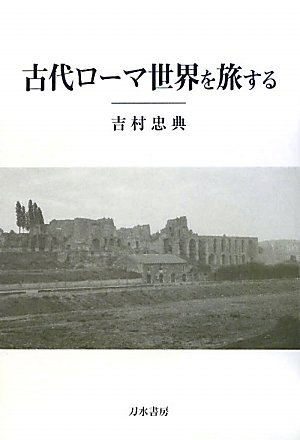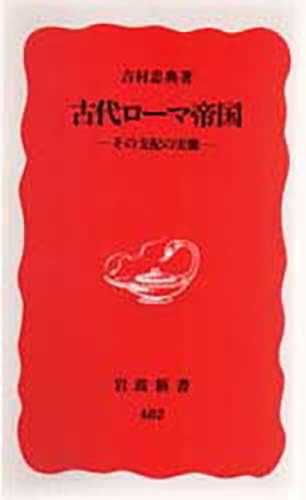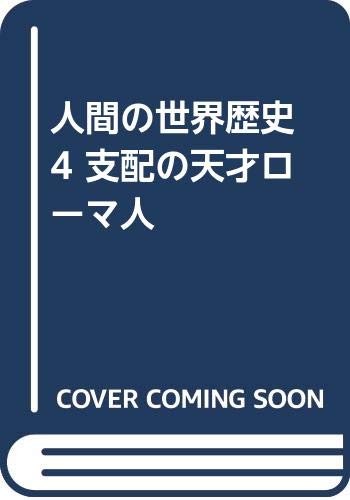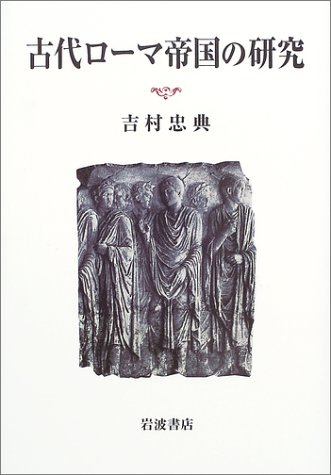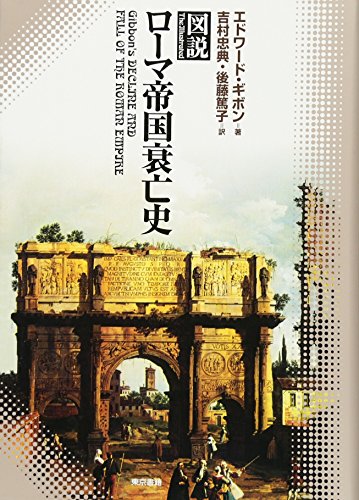11 0 0 0 古代ローマ世界を旅する
6 0 0 0 OA 「帝国」という概念について
- 著者
- 吉村 忠典
- 出版者
- 公益財団法人 史学会
- 雑誌
- 史学雑誌 (ISSN:00182478)
- 巻号頁・発行日
- vol.108, no.3, pp.344-367,463-46, 1999-03-20 (Released:2017-11-30)
It is well-known that many translations of European concepts were made in Japan during the 19th century in order to adapt to European ways of thinking, and then were adopted by the Chinese. One example of this is the term teikoku 帝国 as the translation of the English word empire. This is a Sino-Japanese word, which the Japanese of the 30th century believed to have authority in the Chinese classics, but which the Chinese did not know until the end of the 19th century when they learned it from Japan. The word teikoku seems to have been invented in the 18th century as the literal translation of the Dutch word keizerrijk ([Germ. Kaiserreich]; keizer = tei, rijk = koku), and then the compilers of English-Japanese dictionaries of the 19th century (since 1814) adopted this word as the translalion for empire, for they misunderstood the European dictionaries available to them; and, moreover, a great political unity without a monarch (such as the Athenian Empire of the 5th century B.C. and the Roman Empire of the 2. century B.C.) was inconceivable for the people of East Asia at that time. (Incidentally, the Sino-Japanese term for the "republic", 共和政治, first appeared in 1845). Ever since, this translation of empire prevailed in Japan. Even now, many high school teachers in Japan cannot understand why the British Empire was an Empire, since it had no emperor. They believe also that the Roman Empire was not yet known to Pompey and Caesar, because the first emperor Augustus came later. As the word teikoku, understood as equivalent to keizerrijk, spread in Japan from the middle of the 19th century,the Sino-Japanese version (1865) of H. Wheaton's "Elements of International Law" was enthusiastically received in Japan. According to modern international law, an "empire" was now nothing but a kind of modern sovereign "state" stricto sensu alongside kingdoms and dukedoms and so on, while the empire once stood over and embraced such principalities and feudal lords. Thus, even now, the Japanese are not free from confusion over the usage of the word teikoku. In this paper the author tries to disentangle the confusion, which arose from the equation: keizerrijk = teikoku = empire, modern and pre-modern.
3 0 0 0 古代ローマ帝国 : その支配の実像
3 0 0 0 ローマ人の戦争 : 名将ハンニバルとカエサルの軍隊
2 0 0 0 古代ローマ帝国の研究
2 0 0 0 図説ローマ帝国衰亡史
- 著者
- エドワード・ギボン著 吉村忠典 後藤篤子訳
- 出版者
- 東京書籍
- 巻号頁・発行日
- 2004
1 0 0 0 サルルステイウス小論
- 著者
- 吉村 忠典
- 出版者
- 山川出版社
- 雑誌
- 史学雑誌 (ISSN:00182478)
- 巻号頁・発行日
- vol.59, no.6, pp.39-61, 1950-06
